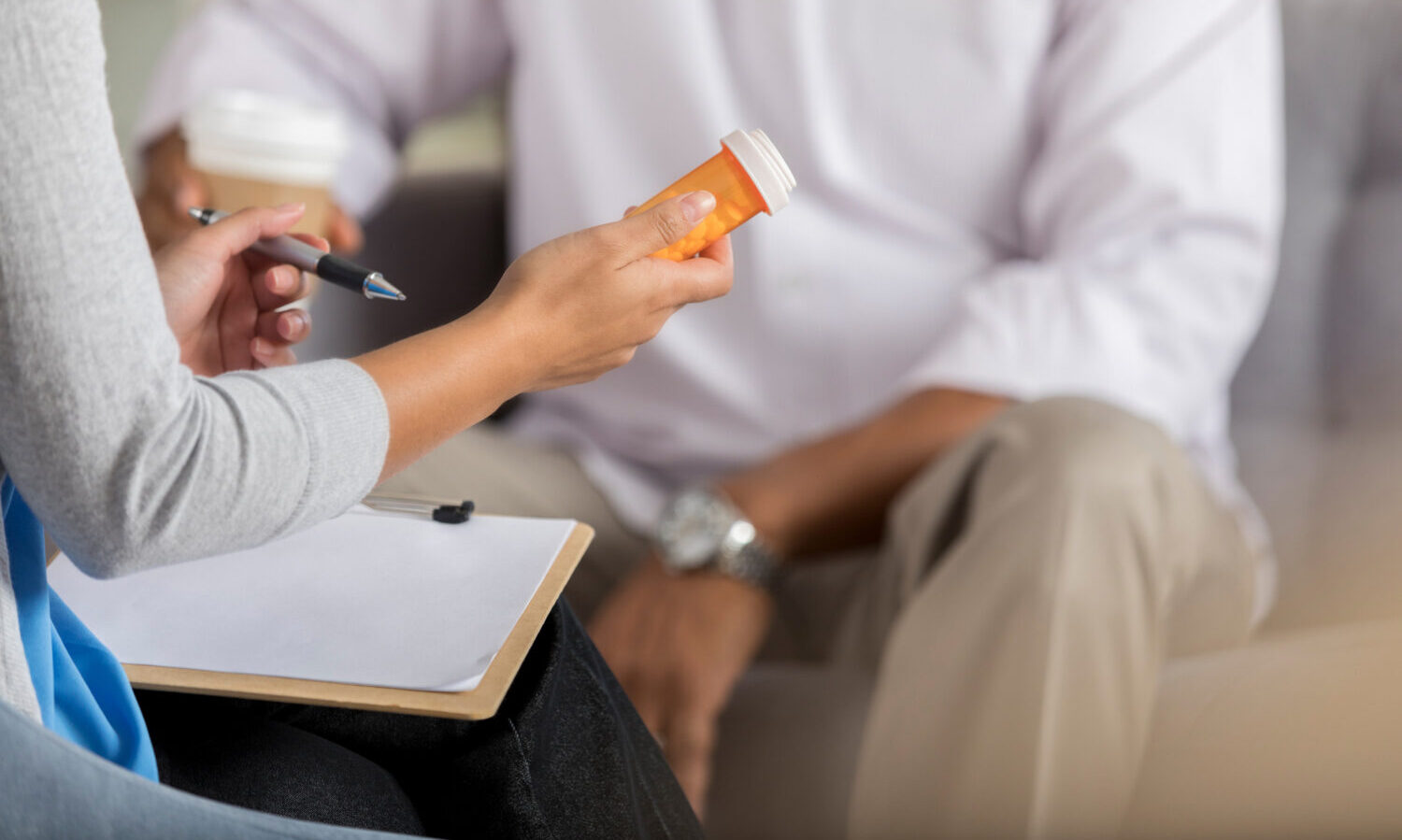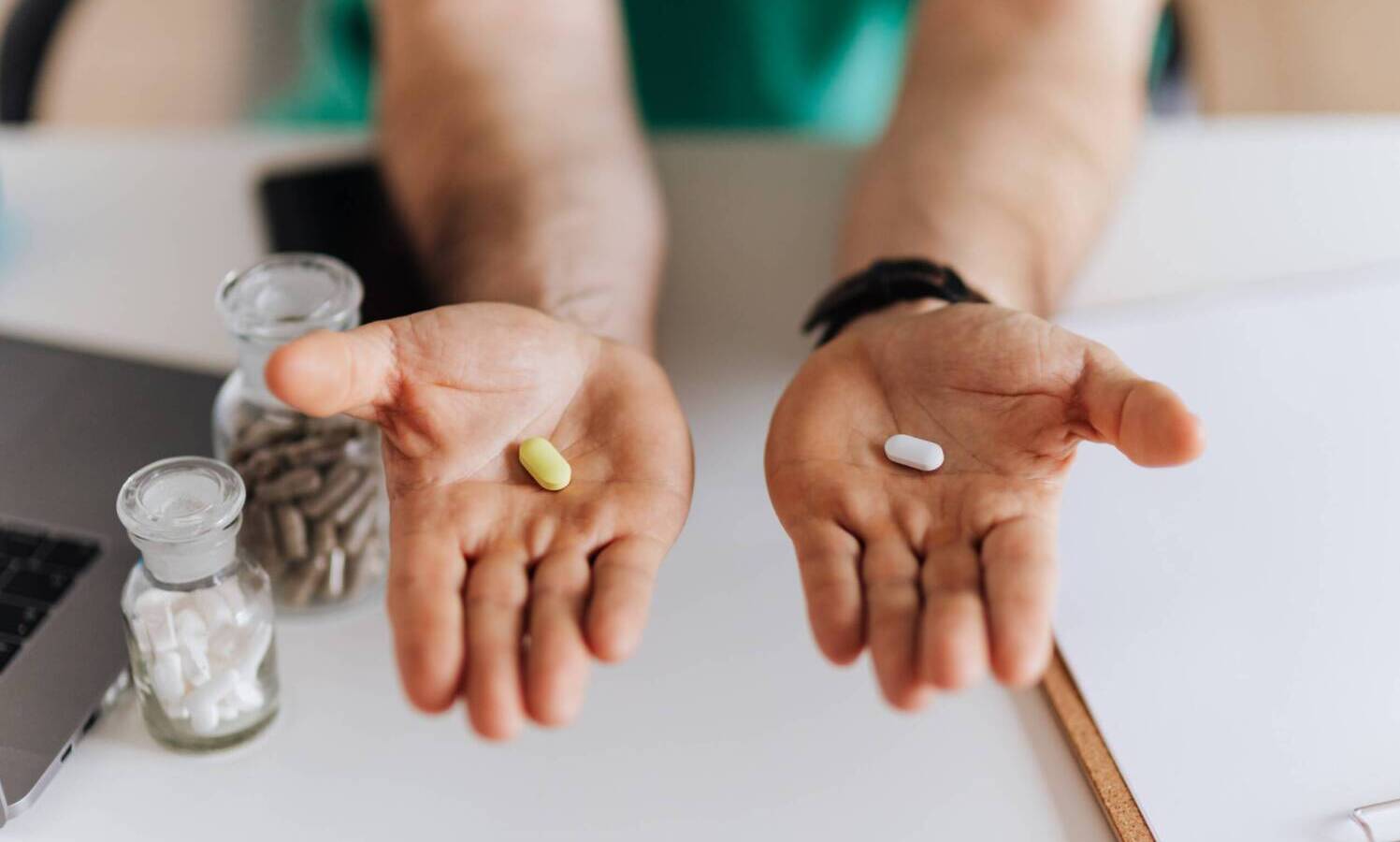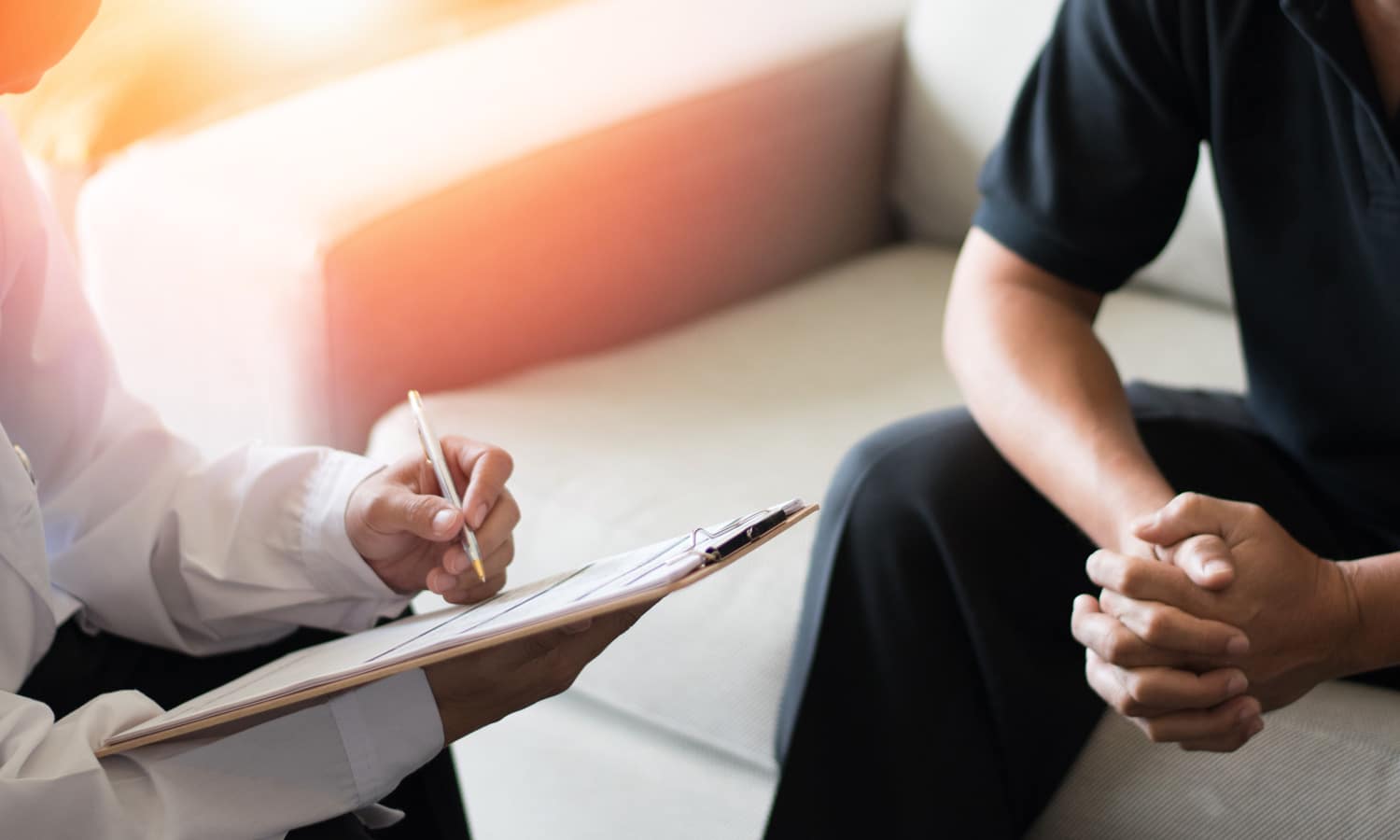
By Santiago Federico Richetti via El Planteo / Reviewed by Dr. Bruno Rasmussen Chaves
Ibogaine is a substance extracted from the root of the iboga, a shrub that grows in West Africa. For thousands of years, it has been used by indigenous cultures for healing rituals. Since the 1960s, a series of studies have been carried out, both in animals and in humans, which have shown its properties to reduce the withdrawal syndrome to opiates and other substances that cause addiction.
Current scientific evidence confirms that ibogaine has potentially useful effects to treat chemical dependency, which is why various clinics worldwide have begun to offer this type of therapy. However, it must be taken into account that it is a drug with a high level of toxicity and that its irresponsible intake carries risks for the patient that can even mean death. It is for this reason that it is essential, to guarantee your safety, that the provision of these treatments is carried out in environments equipped with an infrastructure and a team of suitable professionals, according to the standards of modern medicine.

Here are five reasons why ibogaine-based addiction treatments should be done in hospital settings.
Need To Perform Intervention In A Safe, Legal Environment, With The Necessary Medical Equipment And Infrastructure
Ibogaine exerts its action directly on the Central Nervous System, causing physical and psychological effects on the body. Its high level of toxicity carries with it some dangers associated with the dose and the context in which it is ingested. It is for this reason that it is essential that the sessions are carried out in a pleasant environment and capable of guaranteeing patient support. This must have adequate infrastructure (spacious and clean facilities), as well as the necessary medical supplies (cardiac monitoring devices and defibrillators) so that the treatment is safe.
It is also of great importance that the center where the session is held adheres to the ethical codes and established medical protocols. Some providers often offer these therapies clandestinely and illegally in unregulated settings, which carries considerable risks. It should be considered that, internationally, the medicinal use of ibogaine is prohibited in several countries.
The therapies assisted by this substance to treat patients with addiction are legal, however, in some Latin American countries. In Mexico, for example, there are several private centers that legally offer this type of therapy, although state regulations in this country do not require that they be carried out in hospital settings. For its part, in Brazil, ibogaine is neither registered nor prohibited, its importation and use being legal since 2013 as long as the patient has a medical prescription. A decree of the state of Sao Paulo in 2016 requires that treatments based on the intake of ibogaine must be carried out under medical supervision and in hospital settings. These types of regulations are essential to ensure the safe and legal use of ibogaine.
Need For Prior Medical And Psychological Examinations To Determine Contraindications
It is highly probable, due to the high toxicity of ibogaine, that its intake may have unwanted effects on the functioning of the organism, mainly the Cardiac System. It is for this reason that it is usually contraindicated in patients with cardiovascular problems. Before carrying out the treatment, it is necessary for the patient to undergo a thorough medical examination to determine if it will be risky or not. Each case must be analyzed by a qualified doctor who determines if the patient meets the necessary physical conditions to start the session.

Ibogaine is also contraindicated in patients with psychiatric disorders such as schizophrenia, psychosis, bipolar disorder, or borderline personality disorder. Carrying out psychological or psychiatric examinations prior to the start of treatment is, therefore, of great importance. The mental health professional in charge of these check-ups must evaluate the presence of these disorders and their severity in order to establish whether the patient is able to resist treatment without complications.
RELATED: What Is Iboga And How Does It Compare To Cannabis, Exactly?
It is from these studies that the professionals in charge will determine whether or not it is risky to carry out the treatment and, if they decide that it is pertinent to do so, they will take the necessary precautions to reduce the possible risks during the session.
The Hospital Environment Contributes To The Physical Preparation Prior To The Session
Ibogaine is a powerful drug whose effects can cause a physically intense experience for the patient. It is for this reason that, the better the physical condition of the latter, the more intervention will be safer and more efficient. Generally, doctors recommend good hydration, a careful diet, based on healthy foods, and the intake of vitamin and mineral supplements. Likewise, it is recommended to stop consuming water and fast a few hours before the session, since it is difficult to have to go to the bathroom during the session due to the ataxia induced by ibogaine intake.
On the other hand, it is essential that weeks before and during the administration of the treatment, the patient avoids the consumption of any type of psychoactive. Indeed, the interaction of certain drugs with ibogaine could increase cardiac risks, even causing death. It is for this reason that many centers tend to carry out a guided detoxification process sometime before ingestion, thus increasing the safety of the session considerably.
Carrying Out The Session In A Hospital Environment Allows Adequate Monitoring By Health Professionals To Avoid Or Reduce The Side Effects of Ibogaine
Therapeutic interventions based on the intake of ibogaine are often controversial due to the risks they entail. Among the most frequent side effects are the presence of dizziness, nausea, vomiting, motor coordination difficulties, and tachyarrhythmias.
It can be inferred, therefore, that it is necessary for the sessions to be monitored by highly qualified health professionals who carry out an adequate follow-up to avoid or reduce possible unwanted damage induced by ibogaine. It is important that, during the sessions, the instructions of the doctor in charge are followed, who must adequately inform the patient about the possible adverse effects and dispel their doubts in the event that there are any. The presence of nurses or caregivers is usually recommended after the end of the experience. Carrying out the intake in a hospital environment will ensure the presence of health professionals for proper follow-up.

As it is a complex medical intervention, with physical and psychological effects, the use of ibogaine for detoxification requires, in addition to the presence of qualified doctors to provide the treatment, the support of mental health professionals, such as psychiatrists, psychologists, or psychotherapists. This is of great importance because not all patients manage to deal with the introspective experience produced by ibogaine, and may suffer episodes of anxiety and paranoia. Personalized follow-up by these professionals will reduce the side effects of ibogaine on the patient’s psyche and improve the intake experience.
Need For Therapeutic Follow-up After Session To Integrate Treatment And Avoid Relapses
The intake of ibogaine is an instance of a larger therapeutic process. It is for this reason that it is important to maintain the necessary aftercare to carry out the treatment successfully. The design of a care plan after the session constitutes an essential part of the treatment and must be monitored by the team of professionals in charge of it. Generally, it is recommended that the centers in which the treatment is applied offer a plan of continued care after the session or, at least, articulate and collaborate with other therapeutic centers in charge of offering this care.
Psychological support is a key factor in guaranteeing the success of treatment. During the session and the days that follow, patients usually undergo a process of considerable psychological changes and personal redefinition, which is why it is of great importance that they have the support of mental health professionals to gradually return to their daily lives.
Likewise, it is necessary that the post-session follow-up by the medical team focuses on avoiding relapses. It should be considered that once ingested, the tolerance to the substance that generated addiction in the patient tends to be much lower than before. This means that the usual doses that he was used to could have more severe effects on the body and even cause an overdose. Having a relapse does not mean that the therapeutic process itself has been useless; in some cases, professionals evaluate, the application of a second dose to improve the recovery process.
This article originally appeared on El Planteo and has been reposted with permission.





